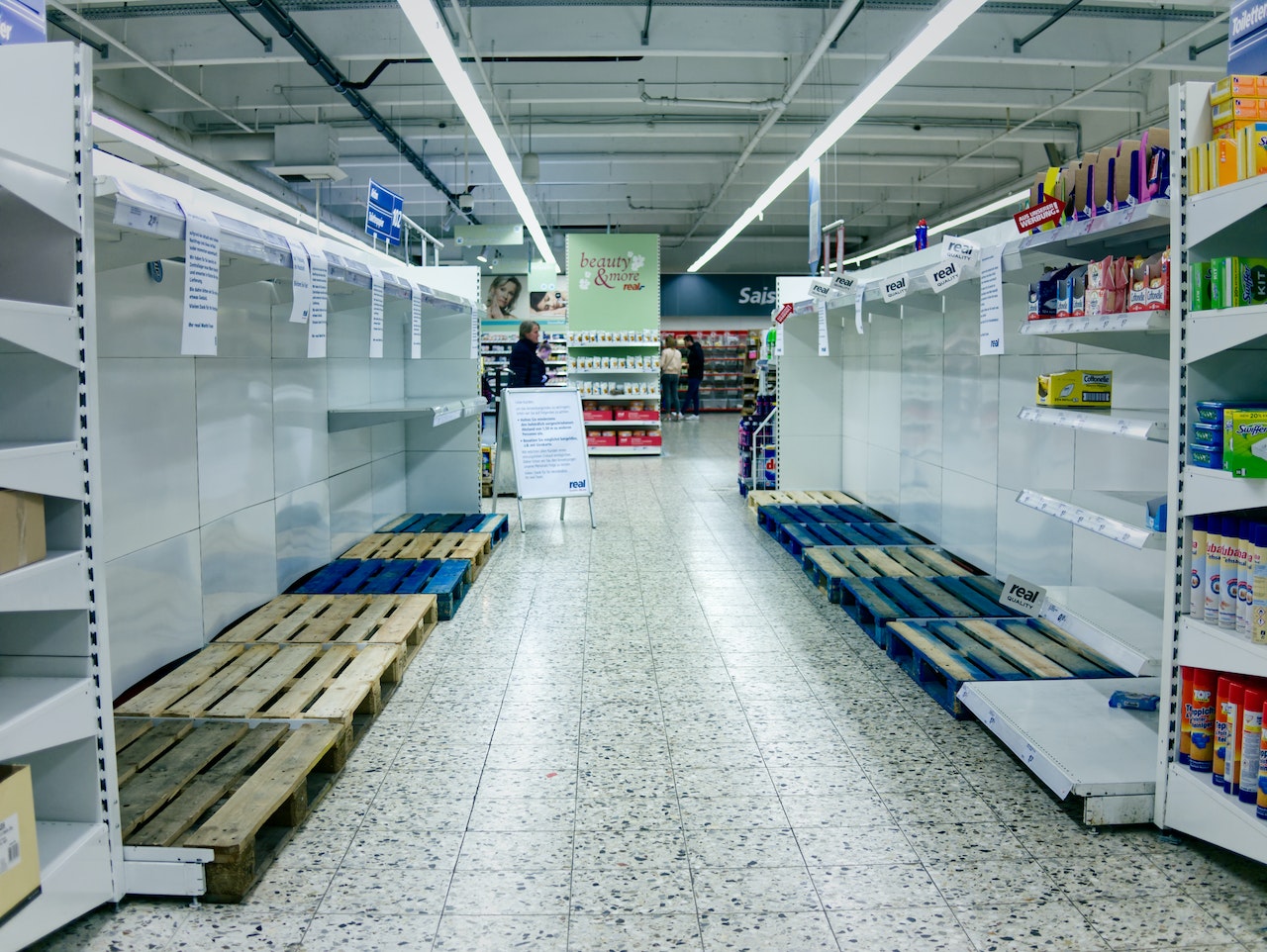Apocalyptic images of dried-out rivers in Europe, missiles exploding in Ukraine, and drought in Somalia have become all too common. According to the World Food Programme (WFP), the world is facing a food crisis of “unprecedented proportions.” The WFP cites reasons like the conflict in Ukraine, climate change, and the threat of a global recession as the primary causes.
The Causes of Food Shortage
The World Food Programme estimates that as many as 828 million people go to bed hungry every night. The number of people facing food insecurity has increased from 135 to 345 million since 2019. The report estimates that a total of 49 million people in 49 lands are on the edge of famine.
Food crises happen when rates of hunger and malnutrition rise sharply. Unlike malnutrition, a food crisis occurs when there is an escalation of the situation. Entire communities could be wiped out due to starvation. What are the underlying causes of the world’s food shortage? Consider a few below.
Armed Conflict
Even though the pandemic significantly decreased food production, the war in Ukraine exacerbated the problem. Ukrainian farmers lost 20 million tonnes of grain they couldn’t export. Russia, a key grain producer, stopped exporting to other countries like Turkey, China, and Egypt. According to the United Nations, armed conflict is one of many reasons behind a lack of sufficient global food supplies.
Climate Change
The effects of climate change are evident now more than ever; our rapidly warming planet is causing alarm on a global scale. When temperatures rise, drought causes problems for agriculture, reducing crop and pasture yields, and affects production rates. Water scarcity and flooding both reduce food supplies.
A scientific report published in the Journal of Science noted that a global increase in temperature makes insects hungrier. According to the report, insect pests consume 20 per cent of the plants that humans grow for food — the percentage is set to increase with the impact of global warming.
Labour Shortage
The pandemic triggered a labour shortage in many economic sectors; nevertheless, the impact on the agricultural industry was significant. According to Bloomberg Business Report, food prices are increasing due to a shortage of labourers. The jobs seeing the worst shortages in workers are the ones with less desirable working conditions, like farm and agricultural labour. Since the agricultural industry is one of the least automated industries, food pickers, slaughterhouse workers, and truckers are choosing other jobs that are physically less demanding and better paying.
How to Avoid a Global Food Shortage
It is wise to consider a few strategies to mitigate the effects of a global food shortage. Buying local food, for example, reduces the strain on agricultural exports. It also reduces the carbon footprint by conserving energy used to transport food by planes, trucks, and ships. With a shorter distance to travel, locally produced food arrives faster and fresher.
Purchasing local food also helps the economy. After all, buying locally involves directly working with the source, which allows businesses and subsidiaries to expect shorter supply chains, and saves time, energy, and resources. Urban agriculture improves the shelf life of groceries; less time is spent in transit, avoiding temperature fluctuations and damage from shipping.
Another strategy is avoiding food waste. A large amount of food is wasted when it doesn’t meet retail standards, which reduces a lot of energy geared toward its production, transportation, and processing. A report by the Food and Agriculture Organization (FAO) showed that the most significant food loss is not only from the supply chain, but also from consumers.
We must pay attention to the global food crisis now before it escalates. Humanitarian efforts in and of themselves are not the only means. Small-scale initiatives like avoiding food waste, buying local produce, and conserving energy can all play an important role.
David Messiha | Staff Writer



















